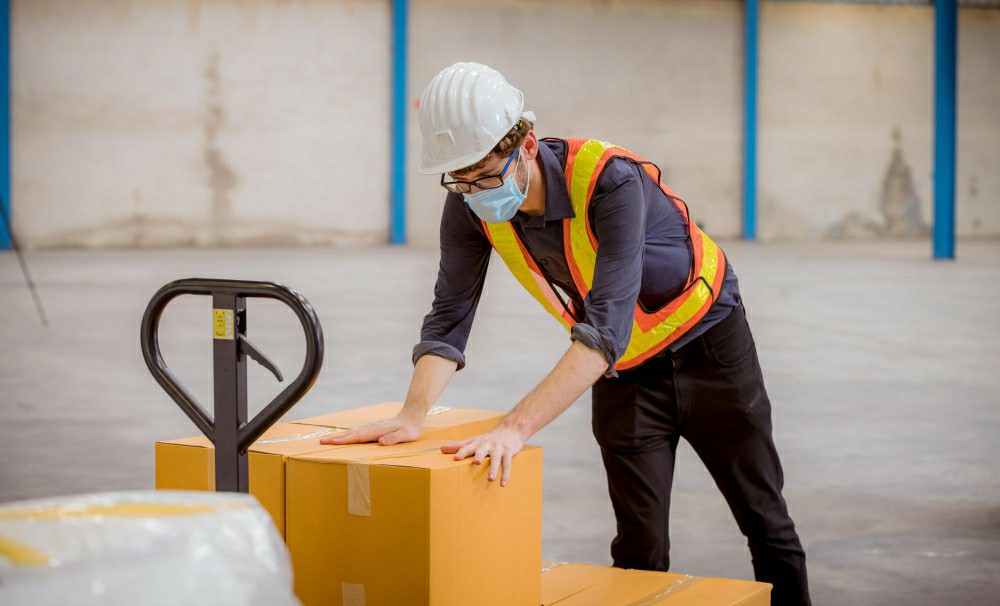


 349,500 Offered Certificates
349,500 Offered Certificates
 24/7 Online Training
24/7 Online Training
 Money Back Guarantee
Money Back Guarantee
 Fully Accredited Courses
Fully Accredited Courses

Created at: 02-02-2025 18:40
In today’s fast-paced work environments, ensuring the health and safety of employees is paramount. Manual handling is one of the key areas where proper training can significantly reduce the risk of injury. This blog delves into the essentials of manual handling training in Ireland, including its importance, course content, online options, and the certification process.
Manual handling refers to the transportation or support of loads by hand or bodily force. According to the Health and Safety Authority (HSA), injuries caused by poor manual handling can lead to severe long-term consequences for workers, impacting their well-being and productivity. Investing in a manual handling training course can drastically prevent such injuries, ensuring a safer workplace for everyone.
When considering a manual handling training program, it’s vital to know what the course covers. Here are the key components:
Participants will explore the anatomy of the human body concerning lifting and carrying, along with common misconceptions about manual handling. This theoretical knowledge lays the foundation for safe practices.
Learning how to conduct risk assessments is crucial. This section of the course teaches participants to identify potential hazards in the workplace and implement effective control measures to mitigate these risks. A hands-on approach is often employed where learners assess real scenarios.
The course incorporates practical training on how to lift, carry, and move objects safely. Participants engage in various exercises that simulate daily tasks, enabling them to practice techniques that minimize injury risks. These hands-on sessions emphasize:
With the growing need for flexible training options, many organizations, including Ireland Safety Training, offer manual handling training online. This format provides various advantages:
Online courses maintain the comprehensive approach of traditional in-person training while fitting seamlessly into busy lifestyles.
Upon completing the manual handling training course, participants receive a certification, confirming their competence in safe manual handling practices. This certification is recognized across Ireland, making it a valuable asset for career advancement.
Continuous learning is encouraged, with organizations providing resources for further education in health and safety practices.
In conclusion, enrolling in a manual handling safety training program is a critical step toward improving workplace safety and compliance. Whether you choose a local course in Dublin or a flexible online manual handling training course, the skills learned will be essential for ensuring safety in your work environment.
To learn more about our affordable, comprehensive manual handling training courses available in Cork, Galway, and beyond, visit Ireland Safety Training or contact us at [email protected].